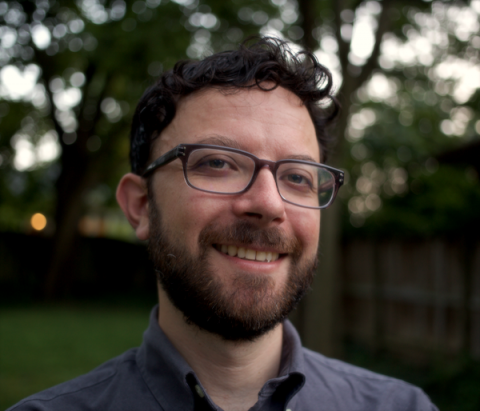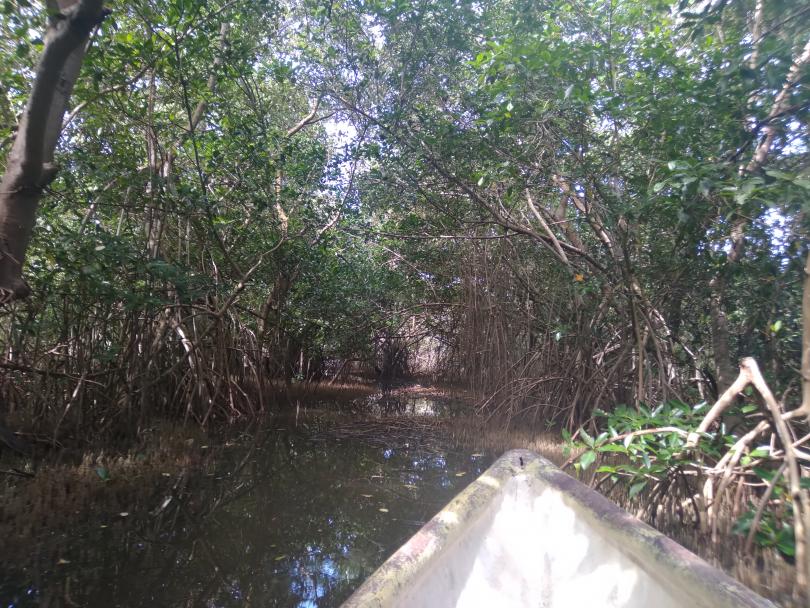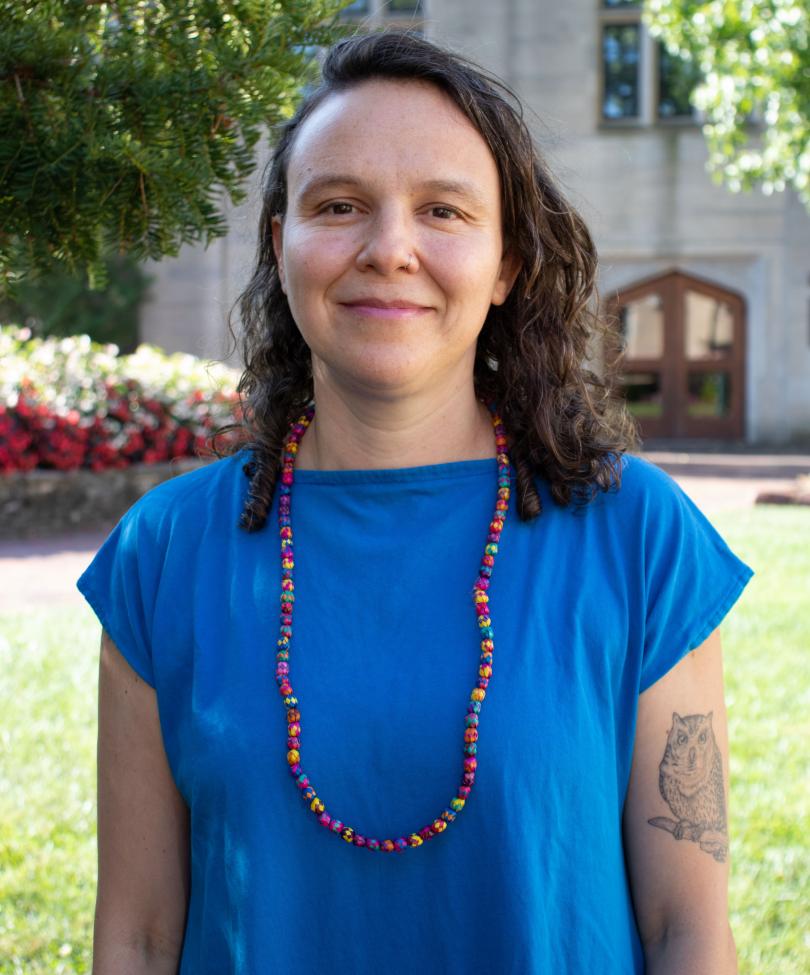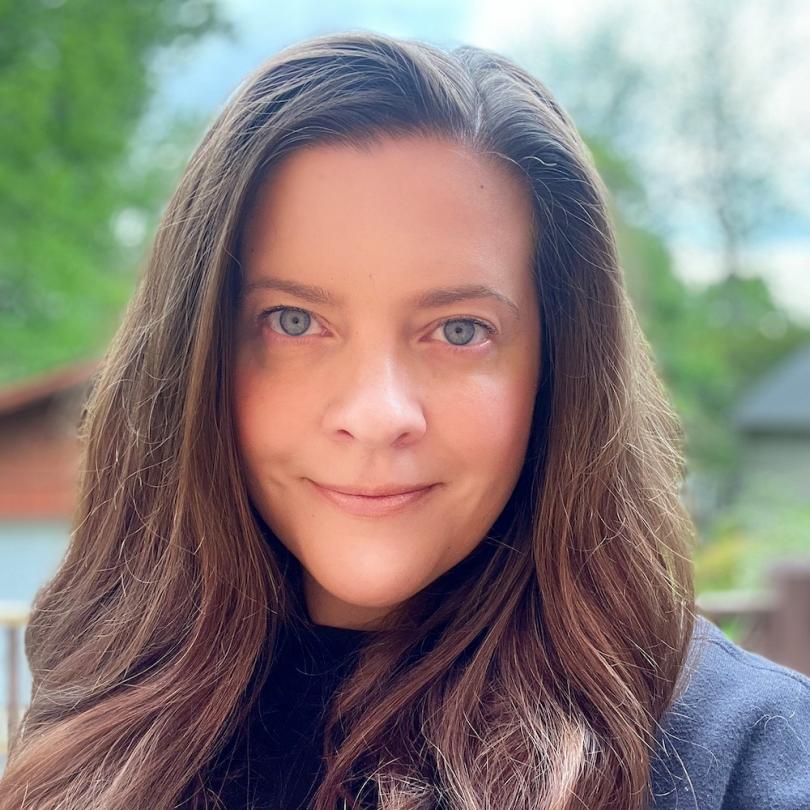Dr. Alvarez León will be presenting via Zoom.
Digital technologies have changed how we shop, work, play, and communicate, reshaping our societies and economies. To understand digital capitalism, we need to grasp how advances in geospatial technologies underpin the construction, operation, and refinement of markets for digital goods and services. In this talk, based on his recent book, The Map in the Machine, Luis F. Alvarez León examines these advances, from MapQuest and Google Maps to the rise of IP geolocation, ridesharing, and a new Earth Observation satellite ecosystem. He develops a geographical theory of digital capitalism centered on the processes of location, valuation, and marketization to provide a new vantage point from which to better understand, and intervene in, the dominant techno-economic paradigm of our time. By centering the spatiality of digital capitalism, Alvarez León shows how this system is the product not of seemingly intangible information clouds but rather of a vast array of technologies, practices, and infrastructures deeply rooted in place, mediated by geography, and open to contestation and change.
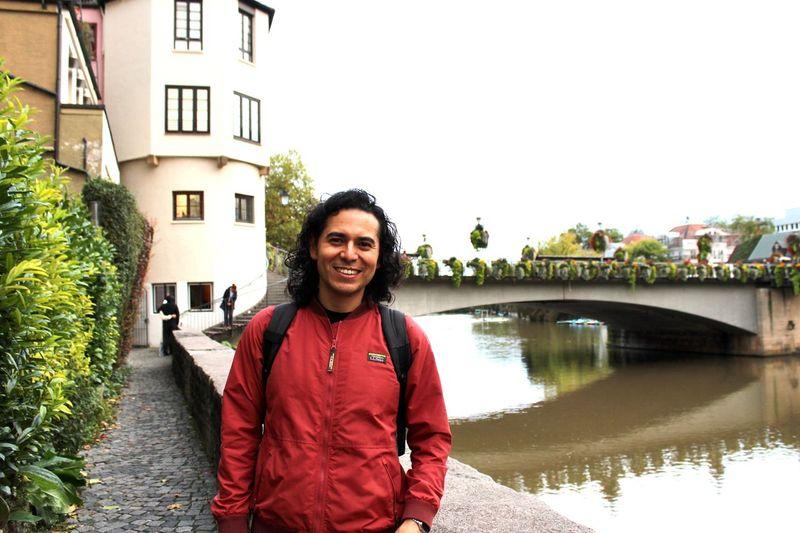 Luis Felipe Alvarez León is Associate Professor of Geography at Dartmouth College. In 2016, he completed his PhD in Geography at the University of California, Los Angeles, and was presented with the Best Dissertation Award by the AAG Economic Geography Specialty Group (EGSG). From 2016 to 2018, he was a Postdoctoral Scholar at the Sol Price Center for Social Innovation and in 2018 he was Visiting Assistant Professor of Urban and Economic Geography at Clark University. His work focuses on the political economy of geospatial data, media, and technologies. He is currently working on the geographies of autonomous vehicles, and the changing political economy of remote sensing. He is the author of The Map in the Machine: Charting the Spatial Architecture of Digital Capitalism(University of California Press, 2024).
Luis Felipe Alvarez León is Associate Professor of Geography at Dartmouth College. In 2016, he completed his PhD in Geography at the University of California, Los Angeles, and was presented with the Best Dissertation Award by the AAG Economic Geography Specialty Group (EGSG). From 2016 to 2018, he was a Postdoctoral Scholar at the Sol Price Center for Social Innovation and in 2018 he was Visiting Assistant Professor of Urban and Economic Geography at Clark University. His work focuses on the political economy of geospatial data, media, and technologies. He is currently working on the geographies of autonomous vehicles, and the changing political economy of remote sensing. He is the author of The Map in the Machine: Charting the Spatial Architecture of Digital Capitalism(University of California Press, 2024).

